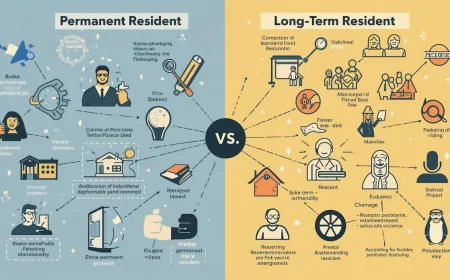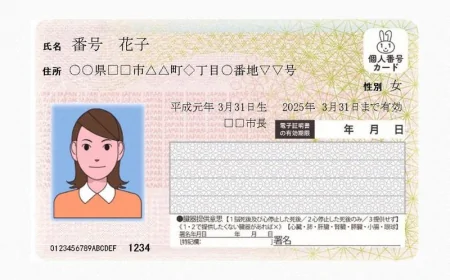Exploring the Meaning and Distinction between "誓約" (Oath) and "契約" (Contract)
In Japan, the concepts of "誓約" (oath) and "契約" (contract) hold significant importance, but they represent different aspects of human relationships and agreements. This article aims to delve into the meanings and distinctions between these two terms.

1. Understanding "誓約" (Oath)
"誓約" (Oath) is a solemn promise or declaration, often made before a witness or a higher authority, to fulfill a commitment or obligation. Oaths are deeply rooted in tradition and have historical and cultural significance in various societies.
When someone takes an oath, they are binding themselves to a certain course of action or behavior, often invoking a sense of honor, duty, or moral obligation. Oaths can be religious or secular in nature, depending on the context in which they are taken.
2. Exploring "契約" (Contract)
On the other hand, "契約" (Contract) is a legally binding agreement between two or more parties, outlining the terms and conditions of their relationship or transaction.
Contracts are based on mutual consent and typically involve an exchange of goods, services, money, or promises. Unlike oaths, which are often based on moral or ethical considerations, contracts are governed by legal principles and enforceable by law. They serve as a means of ensuring accountability and protecting the rights and interests of the parties involved.
3. Key Differences
- Nature: The fundamental difference between "誓約" (oath) and "契約" (contract) lies in their nature. A "誓約" (oath) is a solemn promise or declaration often made on a personal or moral basis, while a "契約" (contract) is a legally binding agreement governed by legal principles.
- Enforceability: While both "誓約" (oaths) and "契約" (contracts) involve commitments, "誓約" (oaths) are generally not enforceable by law, whereas "契約" (contracts) are legally enforceable. Breaching a "契約" (contract) can lead to legal consequences, such as monetary damages or specific performance, while violating a "誓約" (oath) may have social or personal repercussions but typically does not result in legal action.
- Purpose: "誓約" (Oaths) are often associated with upholding principles, values, or duties, such as loyalty, honesty, or allegiance. They may be used in various contexts, such as in religious ceremonies, official oaths of office, or pledges of allegiance. "契約" (Contracts), on the other hand, are primarily used to formalize agreements and regulate transactions between parties, such as employment contracts, rental agreements, or business contracts.
- Formality: "誓約" (Oaths) are typically ceremonial and may involve rituals or formal procedures, depending on the context. "契約" (Contracts), on the other hand, are formal documents that require specific elements, such as offer, acceptance, consideration, and legal capacity, to be valid and enforceable.
In summary, while both "誓約" (oaths) and "契約" (contracts) involve commitments and obligations, they serve different purposes and operate under different principles. "誓約" (Oaths) are solemn promises or declarations often based on moral or ethical considerations, while "契約" (contracts) are legally binding agreements governed by legal principles.
Understanding the distinctions between these two concepts is essential for navigating the complexities of human relationships and interactions in various societal contexts.
-------------------
Injavi.com - Visit Japan | Visit in Japan
Guide to living, studying and working in Japan
記事に関連する商品






































































































